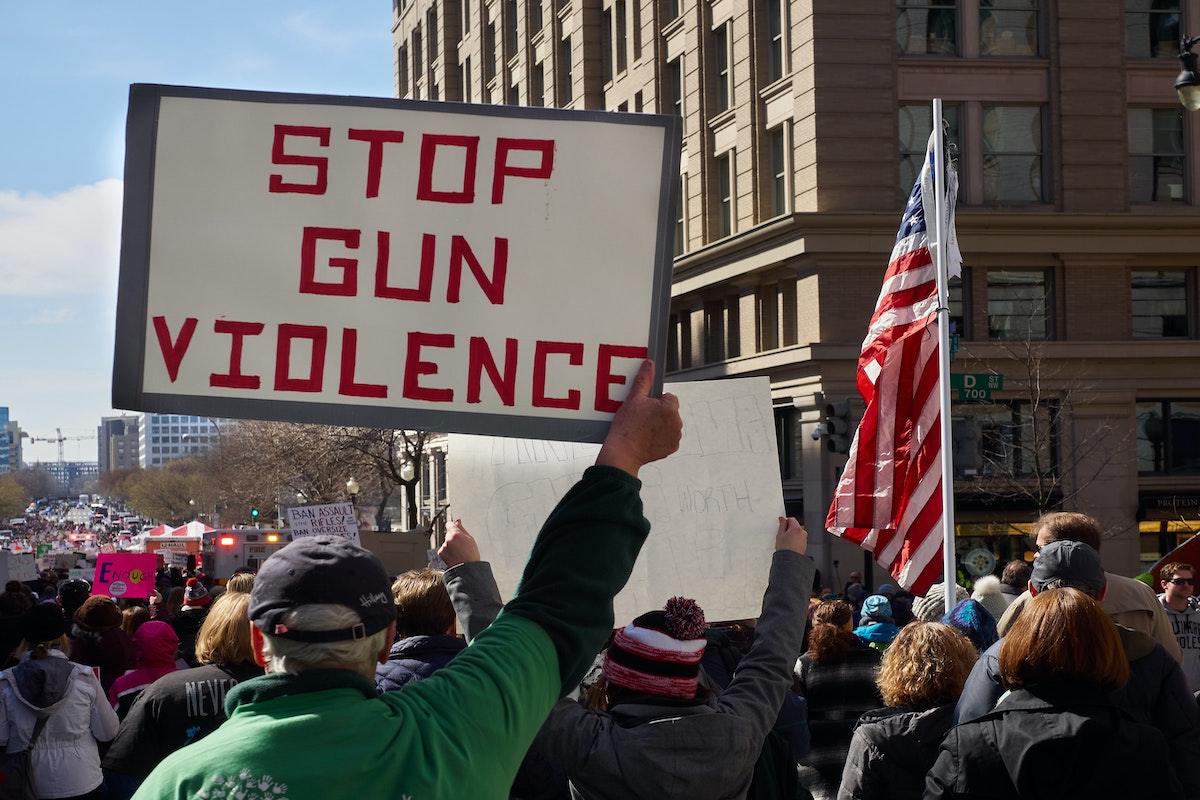We are all tired of crime—the robberies, the assaults, the murders. And progress seems to be too slow. In fact, atrocities committed in Jackson, Miss., have increased exponentially over the past few years. For example, the homicide rate rose to 99.5 per capita in 2021, the highest in the country. This is unacceptable. Indeed, ongoing lawlessness is plaguing our capital city, but leadership could implement more community youth programs and mentorship initiatives for schools to curb the problem.
Clearly, the upward trend in violent crime can be attributed to various factors, including relaxed gun laws, socioeconomic disparities and the fallout of the COVID-19 pandemic. However, absent of these issues, there are still prevalent offenses that may have a basis in brain development as well. Research studies on brain function related to crime show that a deficiency in the amygdala, which controls fearful and aggressive impulses in the brain, was linked to criminal behavior. Moreover, these deficits can be identified in young children.This does not mean that all children in this circumstance will become criminals later in life, but it should give pause to think of preventative solutions to violence and crime.

The Mississippi Department of Corrections reported more than 1,100 prisoners in 2021 who were currently incarcerated had been arrested as teenagers under 18. Of the 155 homicides recorded in 2021, at least five suspects were juveniles. In the reporting of a study of Jackson’s justice system in 2016, the Jackson Free Press wrote that “the report predicted that, without proper intervention, the Jackson Police Department or the Hinds County Sheriff’s office will arrest 5% of children in Jackson Public Schools at some point.” This statement highlights the current outlook that crime among the city’s youth is inevitable.
Consequently, it can be assumed that the critical time for proactive intervention for would-be criminals is during adolescence, and the ideal venue to reach these youths is the public-school system. A good start could be to initiate effective mentorship programs in schools. Research shows that mentoring can be instrumental as intervention as well as in preventative measures of youth delinquency. Many existing mentorship programs are making a difference in communities across the country.
For example, participation in the Becoming a Man program in Chicago showed a reduction of 44% in violent-crime arrests. Jackson should partner with the public-school system to bring more programs like this and others within schools at every grade level as well as the broader community to affect the much-needed change in youth-related criminal activity.
Our capital city has a tremendous problem with crime, and youth-involved incidents are no exception. Violent crimes consist of aggravated assault, robbery, rape and murder. In 2020, the overall rate of violent crime per capita in the state was 291.2. In contrast, recent data for Jackson is 693.9 per capita, more than double that of the state.
WAPT released an even more recent report stating that the city saw a nearly 30% drop of overall crime in 2022—a statistic definitely worthy of praise. Let’s do more and aggressively apply strategies to positively influence young people before they commit crimes. Undoubtedly, this will further the effort in lessening the carnage in the city.
This MFP Voices essay does not necessarily represent the views of the Mississippi Journalism and Education Group, the Mississippi Free Press, its staff or board members. To submit an opinion for the MFP Voices section, send up to 1,200 words and sources fact-checking the included information to azia@mississippifreepress.org. We welcome a wide variety of viewpoints.






